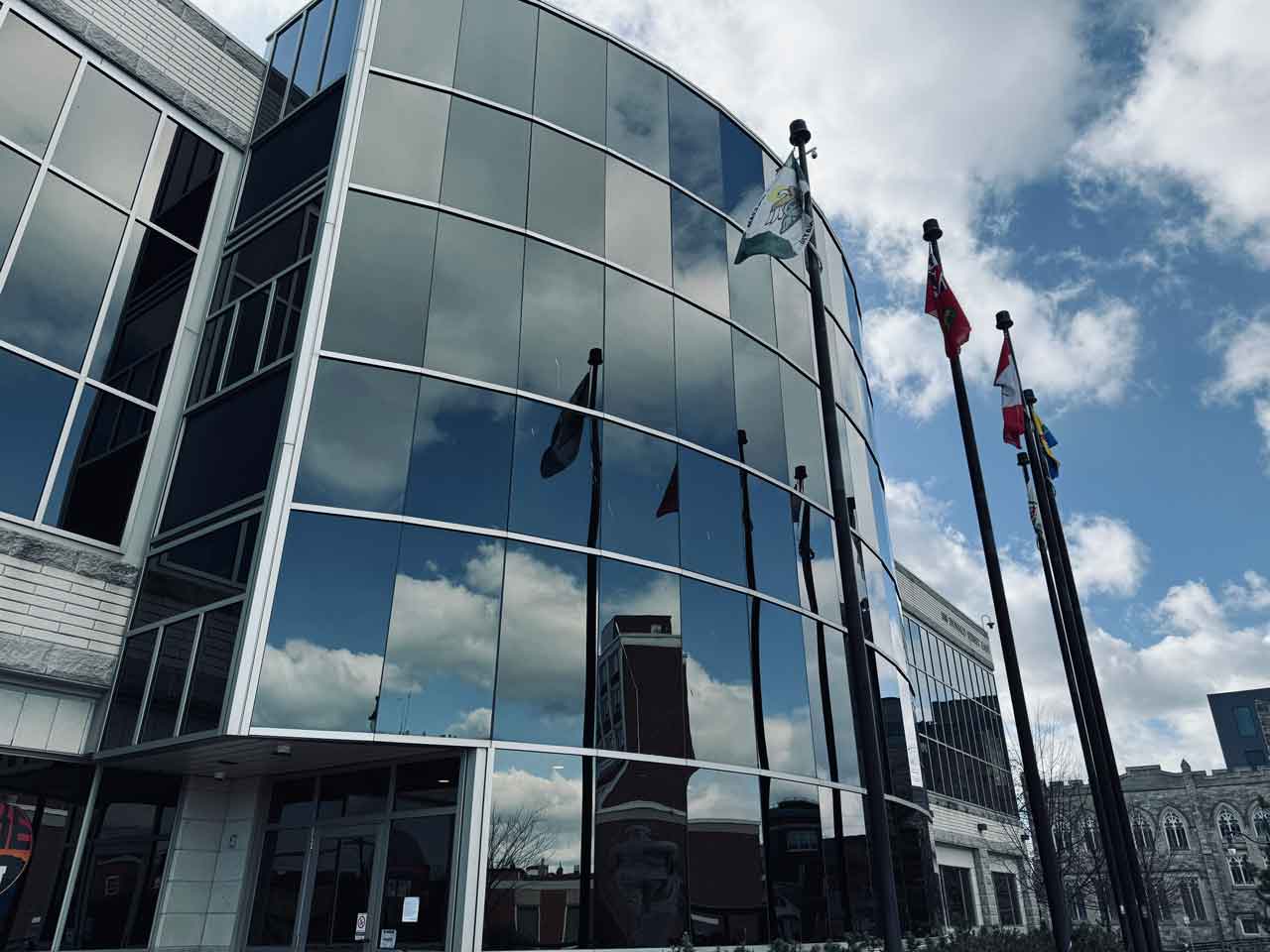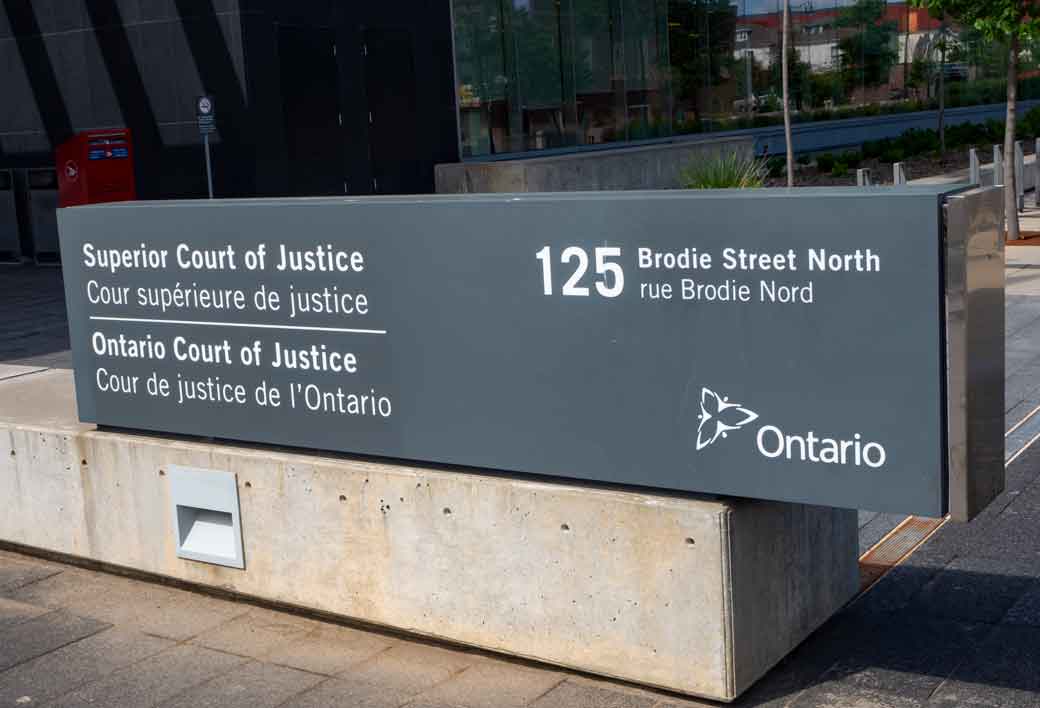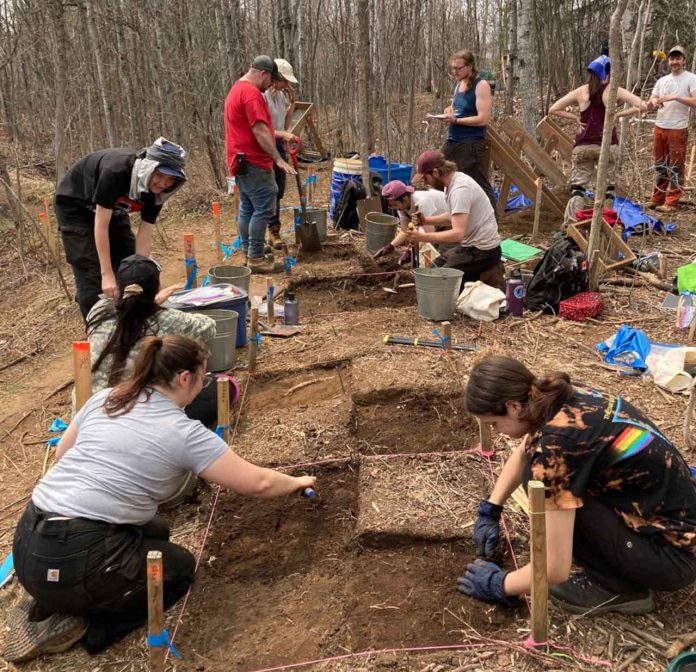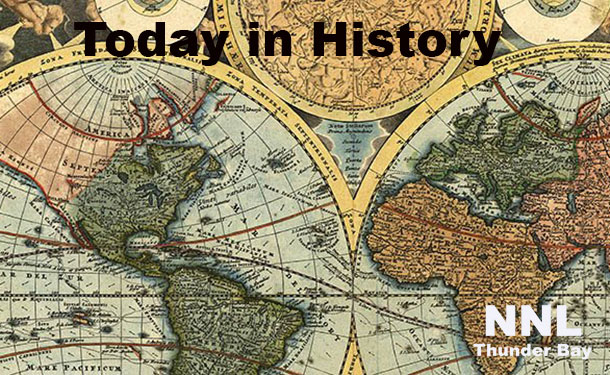A Rich History: Indigenous Peoples in the Thunder Bay Region; An Opportunity for Real Reconciliation
THUNDER BAY – EDITORIAL – Thunder Bay, nestled on the shores of Lake Superior, is home to a rich tapestry of Indigenous history. For thousands of years, the Anishinaabe, Métis, and other Indigenous peoples have thrived in this region, fostering vibrant cultures and communities.
The Indigenous people hold a deep connection to the land, waterways, and traditions that continues to shape the identity of Thunder Bay.
As we celebrate National Indigenous Peoples Day, it is vital to honor and recognize the enduring presence and contributions of Indigenous peoples in our city.

Confronting Racism in Thunder Bay
Despite this rich heritage, Thunder Bay has grappled with significant issues of racism and discrimination. Indigenous residents have frequently faced systemic racism, impacting their access to education, healthcare, and employment opportunities.
Incidents of racial violence and discrimination are all too common, it is deep in the city’s DNA in all too many cases. This highlights the urgent need for change.
Fully and completely acknowledging these problems is the first step towards addressing them.
It is only by facing these uncomfortable truths that we can begin to heal and create a more inclusive community. Far too many people are all too open with their mentality that “I’m not a racist person, BUT….”.
Thunder Bay has been in the crosshairs of the national media. The Toronto Star, Globe and Mail, and the Crave TV documentary by Canadaland, Thunder Bay all raise uncomfortable realities that often have remained either unanswered or unresolved.

The Challenges Facing Thunder Bay Police Service
The Thunder Bay Police Service (TBPS) has been under intense scrutiny for its handling of cases involving Indigenous people. Reports of mishandled investigations, racial bias, and lack of accountability have marred the relationship between the police and Indigenous communities.
Trust has been eroded, and rebuilding it will require a commitment to transparency, accountability, and meaningful engagement with Indigenous leaders and communities.
This culminated in the Broken Trust Report, and while there has been some progress, many of the Indigenous people in our city express that far more needs to be done at the grassroots level.
The TBPS must implement reforms to address these issues, ensuring that all residents feel protected and respected.
Thunder Bay faces a number of real challenges, gangs with their guns have found a thriving illicit drug trade in our city and region. A needed solution is for a task force on organized crime needs to be implemented in our city.
Recently the real impact of the real state of policing in Thunder Bay was witnessed by Chief Darcy Fleury who when he stepped into a situation found himself with no available units to respond. Just last week, headed to the NetNewsledger office, a woman was down on the sidewalk, Superior EMS responded, their calls for TBPS support were unanswered as there were no available units. The new Chief has been in office for a year, it is certain that while change is happening he faces real challenges.

Redesigning the Indigenous Liaison Office for Real Impact
To make a substantial impact, the Indigenous Liaison Office (ILO) in Thunder Bay must evolve from a department that merely organizes showcase minimal activities into a cornerstone of meaningful engagement and support for Indigenous communities. Here are some steps to achieve this transformation:
- Enhanced Community Engagement: The ILO should prioritize continuous and genuine engagement with Indigenous communities. This means hosting regular forums, town halls, and listening sessions to understand the needs and concerns of Indigenous residents. This means likely taking a serious look at the current staff and determining what is working and not working.
- Collaboration with Indigenous Community Leaders: Establish a council of Indigenous leaders to advise the ILO on policy, programs, and initiatives. This ensures that the office’s actions are guided by those it aims to serve. Elders, even on the city’s committee will say in private that they do not feel they are considered vital. They are and that means real engagement and listening.
- Holistic Support Programs: Develop and implement programs that address critical areas such as education, health, employment, and housing. It is all too easy to coast along as the status quo is easy. These programs should be designed in collaboration with Indigenous organizations and grassroots people to ensure they are culturally appropriate and effective.
- Accountability and Transparency: The ILO should set clear goals and publicly report on progress. This includes publishing annual reports detailing activities, outcomes, and areas for improvement. This was done initially, but has become far less indepth and far less public.
- Cultural Competency Training: Provide comprehensive training for all city employees and officials on Indigenous history, cultures, and the impacts of colonialism. This training should be mandatory and ongoing.
- Resource Allocation: Ensure the ILO is adequately funded and staffed to carry out its mission. This includes hiring Indigenous staff members who bring valuable perspectives and expertise.
Thunder Bay’s new City Manager, John Collin should be ensuring that the ILO is near the top of his top ten of things to do!

Moving toward Real Justice
Thunder Bay has a pretty impressive looking courthouse dominating the Fort William Downtown. We are in the process of building a new jail to replace the aging and dangerous Thunder Bay District Jail.
As we mark National Indigneous People’s Day in Thunder Bay, the District Jail has been on lockdown for a week. Inmates under lockdown are not able to make telephone calls. The staff tell NetNewsLedger that some of this is due to staffing shortages.
If you log into the Thunder Bay court as an observer and watch the proceedings, you can see how post COVID the court appears increasingly dysfunctional. On June 19th, inmates appearing via video, tell a story that the overworked and overcrowded docket simply doesn’t have time to hear.
Bail hearings are scheduled and due to issues with the courts, nothing much happens and remands in custody remain “business as usual”.
The number of cases in our courts that are dragging on well past 180 days is large. However questions to the Ontario Government ministries remain as unanswered questions.
Why does 180 days matter? A Supreme Court of Canada ruling, R v Jordan states that delays over 180 days are unconstitutional. In other jurisdictions, cases are dismissed over this issue. Not in Thunder Bay however?
There are a lot of criminal cases that involve Indigenous people. That justice seems delayed and sometimes denied lays the entire concept of reconciliation on its ear. It is probably time for Premier Doug Ford and Indigenous Relations Minister Greg Rickford to step in on this issue and ensure that the problems are solved. This step would help solve some of the real issues facing Indigenous people currently trapped in our current justice industry.
Moving Forward: Steps Towards Reconciliation and Equality
To make 2024 a true turning point for reconciliation and equality in Thunder Bay, several steps must be taken:
- Education and Awareness: Schools and community organizations should implement programs that educate residents about Indigenous history, culture, and the impacts of colonialism. Greater awareness can foster understanding and respect.
- Strengthening Partnerships: Building strong, respectful partnerships between Indigenous communities, local government, and organizations is crucial. This includes involving Indigenous voices in decision-making processes and honoring treaties and agreements.
- Police Reform: The TBPS must continue to implement and expand on recommendations from oversight bodies, ensuring accountability and restoring trust. This includes cultural sensitivity training, independent oversight, and community liaison programs. There have been good steps over the past few years, but so much more is needed.
- Economic Opportunities: Creating economic opportunities for Indigenous people is essential. This involves supporting Indigenous-owned businesses, ensuring equitable access to jobs, and promoting skills development programs. Thunder Bay has a solid program that has tendering of supplies including Indigenous business, it could be a model for area businesses.
- Community Support: Establishing more support services for Indigenous residents, including healthcare, mental health support, where needed addiction treatment, and housing, is critical. These services should be culturally appropriate and far more easily accessed.
By taking these steps, Thunder Bay can become a beacon of reconciliation and equality.
National Indigenous Peoples Day 2024 can mark the beginning of a new chapter where the city not only acknowledges its past but also embraces a future of unity, respect, and shared prosperity.
Together, we can create a Thunder Bay that honors its Indigenous heritage and offers a hopeful and inclusive future for all its residents.
Let this be the year we make real change and move towards a truly reconciled and equitable community.
James Murray







